Salvific space is one of the central ideas in the Hindu traditions of pilgrimage, and concerns the ability of space, especially sites associated with bodies of water such as rivers and lakes, to grant salvific rewards. Focusing on religious, historical and sociological questions about the phenomenon, this book investigates the narratives, rituals, history and structures of salvific space, and looks at how it became a central feature of Hinduism.
Arguing that salvific power of place became a major dimension of Hinduism through a development in several stages, the book analyzes the historical process of how salvific space and pilgrimage in the Hindu tradition developed. It discusses how the traditions of salvific space exemplify the decentered polycentrism that defines Hinduism. The book uses original data from field research, as well as drawing on main textual sources such as Mah bh
bh rata, the Pur
rata, the Pur
 as, the medi-eval digests on pilgrimage places (t
as, the medi-eval digests on pilgrimage places (t rthas), and a number of Sthalapur
rthas), and a number of Sthalapur
 as and M
as and M h
h tmyas praising the salvific power of the place. By looking at some of the contradictions in and challenges to the tradition of Hindu salvific space in history and in contemporary India, the book is a useful study on Hinduism and South Asian Studies.
tmyas praising the salvific power of the place. By looking at some of the contradictions in and challenges to the tradition of Hindu salvific space in history and in contemporary India, the book is a useful study on Hinduism and South Asian Studies.
Routledge Hindu Studies Series
Series Editor: Gavin Flood, Oxford Centre for Hindu Studies
Former Series Editor: Francis X. Clooney, SJ, Harvard University
The Routledge Hindu Studies Series, in association with the Oxford Centre for Hindu Studies, intends the publication of constructive Hindu theological, philosophical and ethical projects aimed at bringing Hindu traditions into dialogue with contemporary trends in scholarship and contemporary society. The series invites original, high-quality, research-level work on religion, culture and society of Hindus living in India and abroad. Proposals for annotated translations of important primary sources and studies in the history of the Hindu religious traditions will also be considered.
Epistemologies and the Limitations of Philosophical Inquiry
Doctrine in M dhva Ved
dhva Ved nta
nta
Deepak Sarma
A Hindu Critique of Buddhist Epistemology
Kumarila on Perception
The Determination of Perception chapter of Kumarilabhattas
Slokarvarttika translation and commentary
John Taber
Samkaras Advaita Vedanta
A way of teaching
Jacqueline Hirst
Attending K

 as Image
as Image
Caitanya Vai
 ava M
ava M rti-sev
rti-sev as Devotional Truth
as Devotional Truth
Kenneth Russell Valpey
Advaita Ved nta and Vais
nta and Vais
 avism
avism
The philosophy of Madhus dana Sarasvat
dana Sarasvat
Sanjukta Gupta
Classical S
 khya and Yoga
khya and Yoga
An Indian metaphysics of experience
Mikel Burley
Self-surrender (prapatti) to God in  r
r vai
vai
 avism
avism
Tamil cats and Sanskrit monkeys
Srilata Raman
The Caitanya Vai
 ava Ved
ava Ved nta of J
nta of J va Gosv
va Gosv m
m 
When knowledge meets devotion
Ravi M. Gupta
Gender and Narrative in the Mah bh
bh rata
rata
Edited by Simon Brodbeck and Brian Black
Yoga in the Modern World
Contemporary perspectives
Edited By Mark Singleton and Jean Byrne
Consciousness in Indian Philosophy
The Advaita doctrine of awareness only
Sthaneshwar Timalsina
Desire and Motivation in Indian Philosophy
Christopher G. Framarin
Women in the Hindu Tradition
Rules, roles and exceptions
Mandakranta Bose
Religion, Narrative and Public Imagination in South Asia
Past and place in the Sanskrit Mah bh
bh rata
rata
James Hegarty
Interpreting Devotion
The poetry and legacy of a female Bhakti saint of India
Karen Pechilis
Hindu Perspectives on Evolution
Darwin, dharma, and design
C. Mackenzie Brown
Pilgrimage in the Hindu Tradition
Salvific space
Knut A. Jacobsen


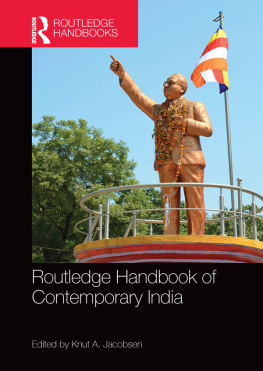

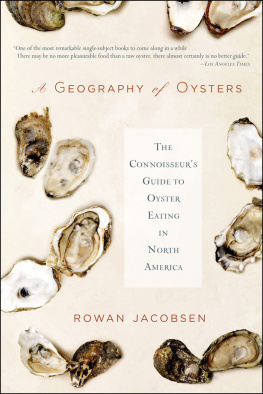
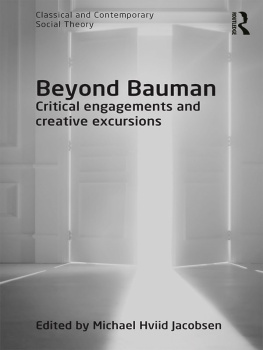


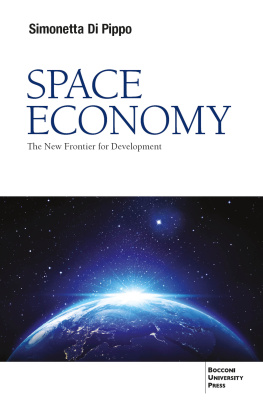



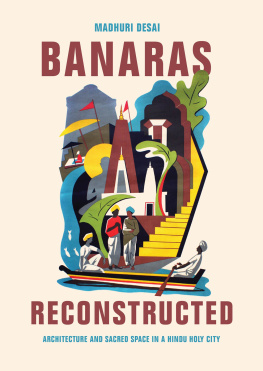

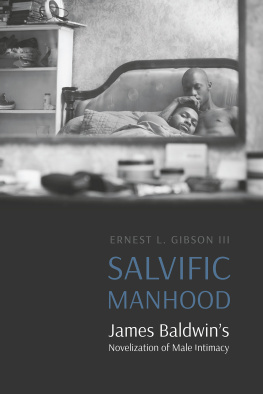
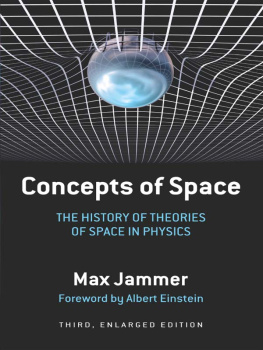
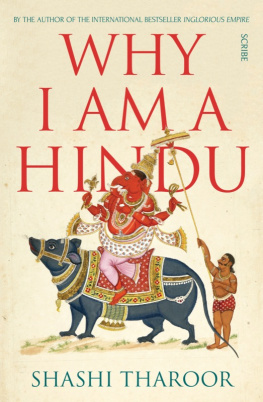
 bh
bh as, the medi-eval digests on pilgrimage places (t
as, the medi-eval digests on pilgrimage places (t rthas), and a number of Sthalapur
rthas), and a number of Sthalapur

 rti-sev
rti-sev khya and Yoga
khya and Yoga r
r